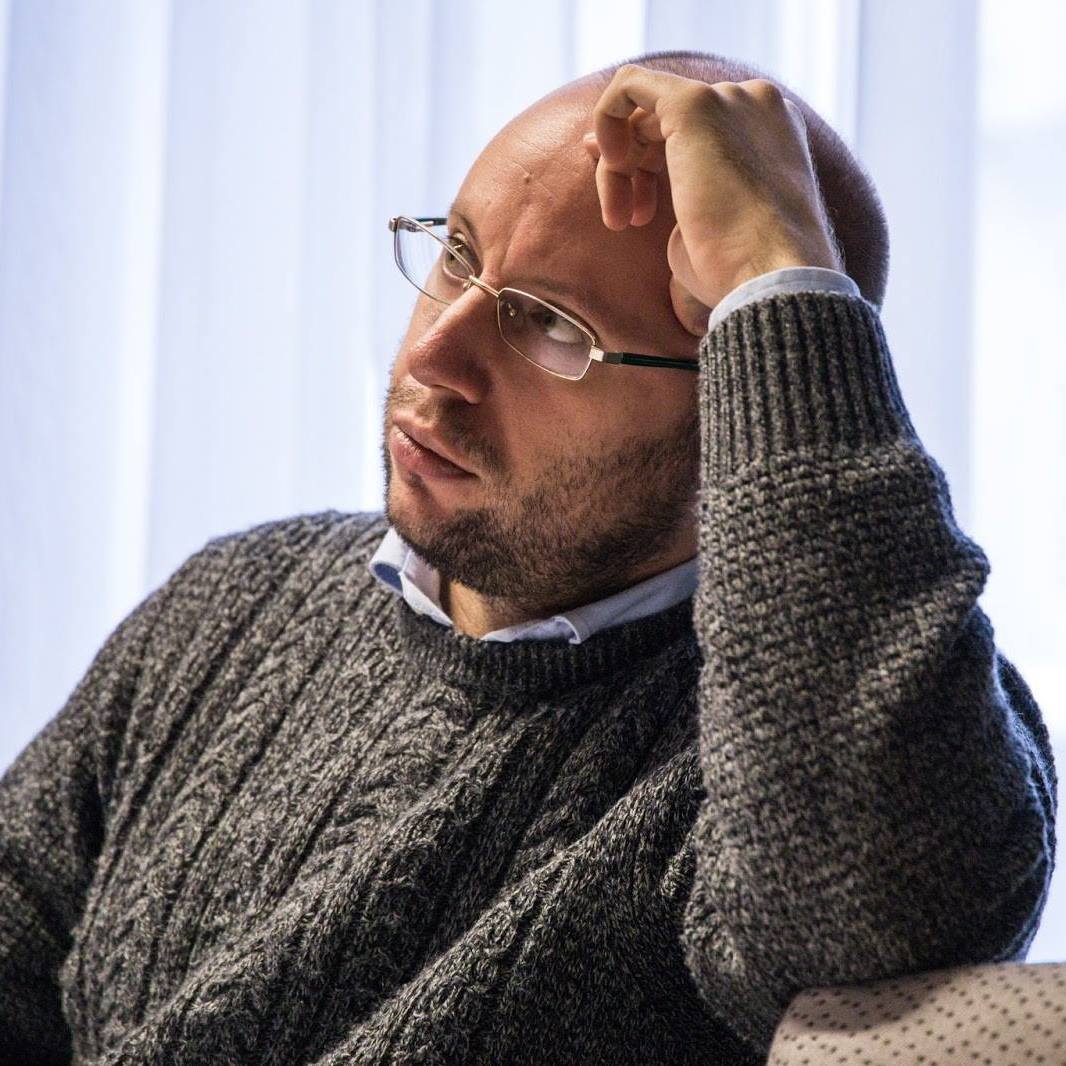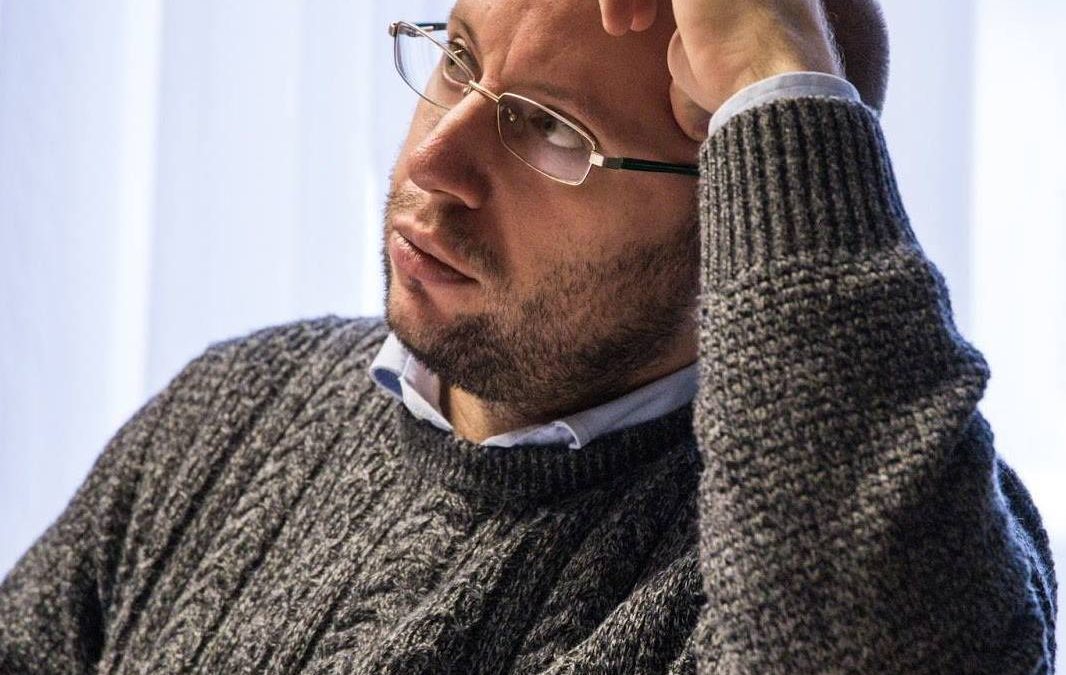We kindly invite you to a Tuesday Meeting titled »Application of infra-law at the frontlines of emergencies / Uporaba infra-prava v kontekstu izrednih razmer« by dr. Matija Žgur, which will be held on Tuesday, 23.1.2024, at 11.00, in the Library of the Institute of Criminology.
Most contemporary legal systems foresee specific sub-statutory legal sources through which authorities ought to rule during emergencies (let us generically call them “emergency decrees”). Freed of certain formal and substantive limits imposed upon statutory legal sources in normal times, emergency decrees are suppose to allow authorities greater decision-making efficiency in extra-ordinary times and still provide sufficient legal safety to their addressees. This is “the standard picture” of how things ought to proceed. However, as the recent Covid-19 emergency suggests, many national authorities found even these extra-ordinary instruments too limiting, and have instead opted to govern the emergency through so-called “infra-legal” acts. These acts (e.g. circulars, FAQs etc.) tend to have unusual publication systems and often do not allow any judicial recourse against them. Especially when used to limit fundamental freedoms, application of infra-law constitutes an affont to the Rule of Law and to democratic principles.
In his talk, the author will first elucidate the notion of “infra-law”. He will then present some characteristics of frontline law-application, both in normal times and in emergencies, and thus seek to explain why the standard picture so deviates from the actual law-applying practices.
Dr. Matija Žgur holds a PhD in human rights and legal philosophy (University of Palermo & University of Girona), an Masters Degree in legal theory (University of Genoa) and a basic law degree (University of Ljubljana). He is a post-doctoral researcher at the Department of Law of Roma Tre University. He is also co-editor of Revus – journal for constitutional theory and philosophy of law. He is currently in Ljubljana as part of the EU-Horizon project SOS4Democracy (Social Sciences For Democracy: A Training Program For Improving Research On Illiberal Systems And Finding Ways To Build More Robust Democracies) led by the Institute of Criminology at the University of Ljubljana. His research focuses on general legal theory, fundamental rights, and more recently on emergency theory and the psychology of bureaucratic decision-making.





